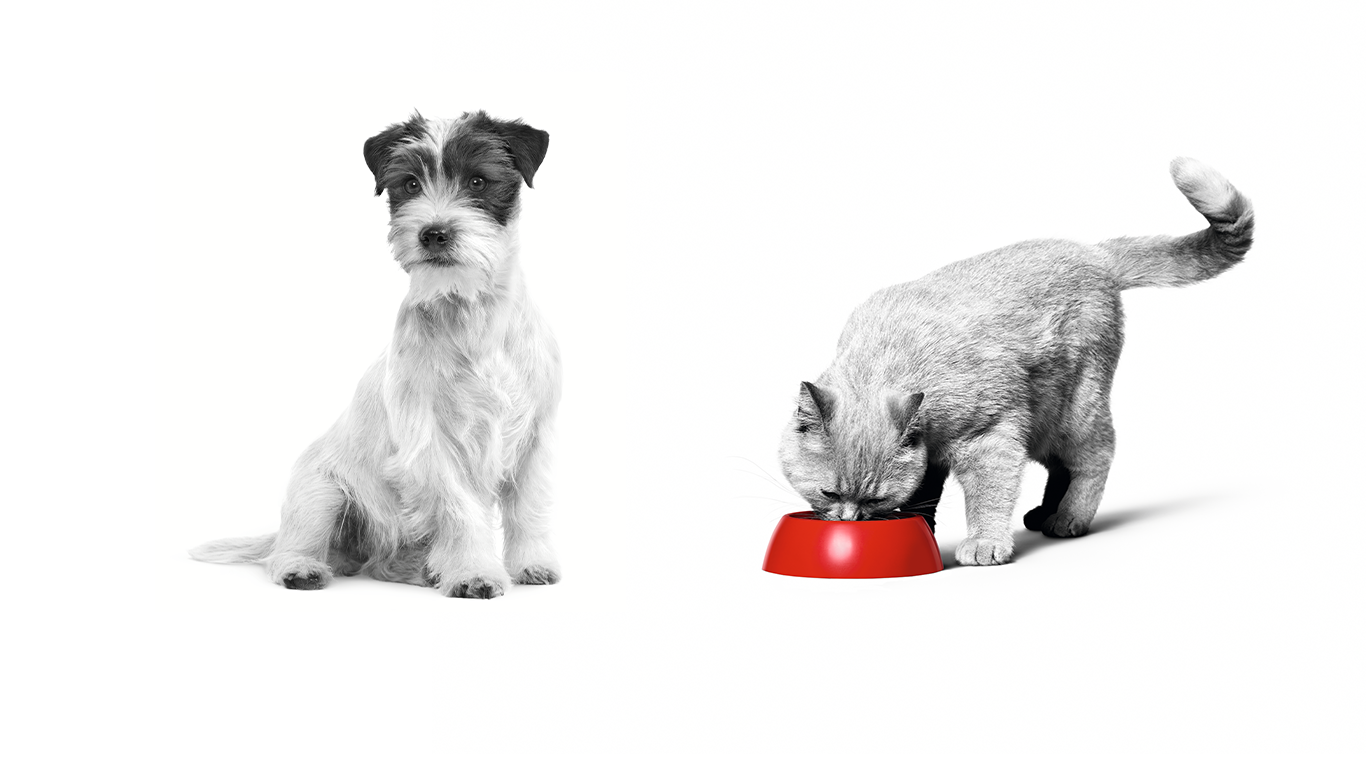
CALM
Emotional wellbeing is equally important as physical health for our pets. Did you know up to 80% of cats & dogs experience a behavioural condition in their lifetime.
ROYAL CANIN® CALM diet is formulated to help support emotional regulation, and digestive, urinary and skin health, which may be compromised in stressed pets.Calm Range
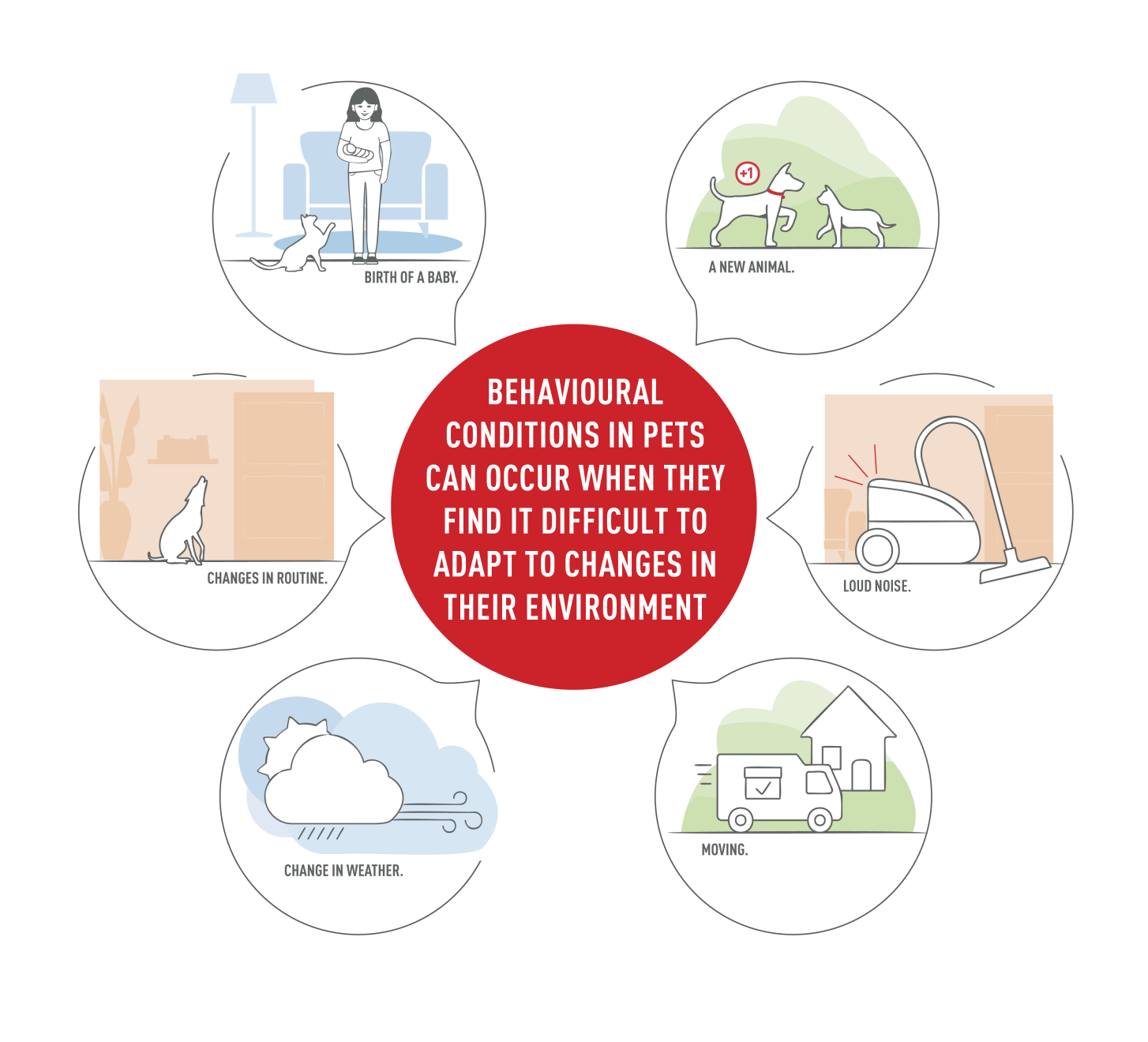
What Are Common Triggers Of Stress And Anxiety?
A pet's emotional discomfort might not be obvious, the signs include:
- Birth of a baby
- A new animal
- Moving
- A change in weather
- Changes in routine
- Loud noise
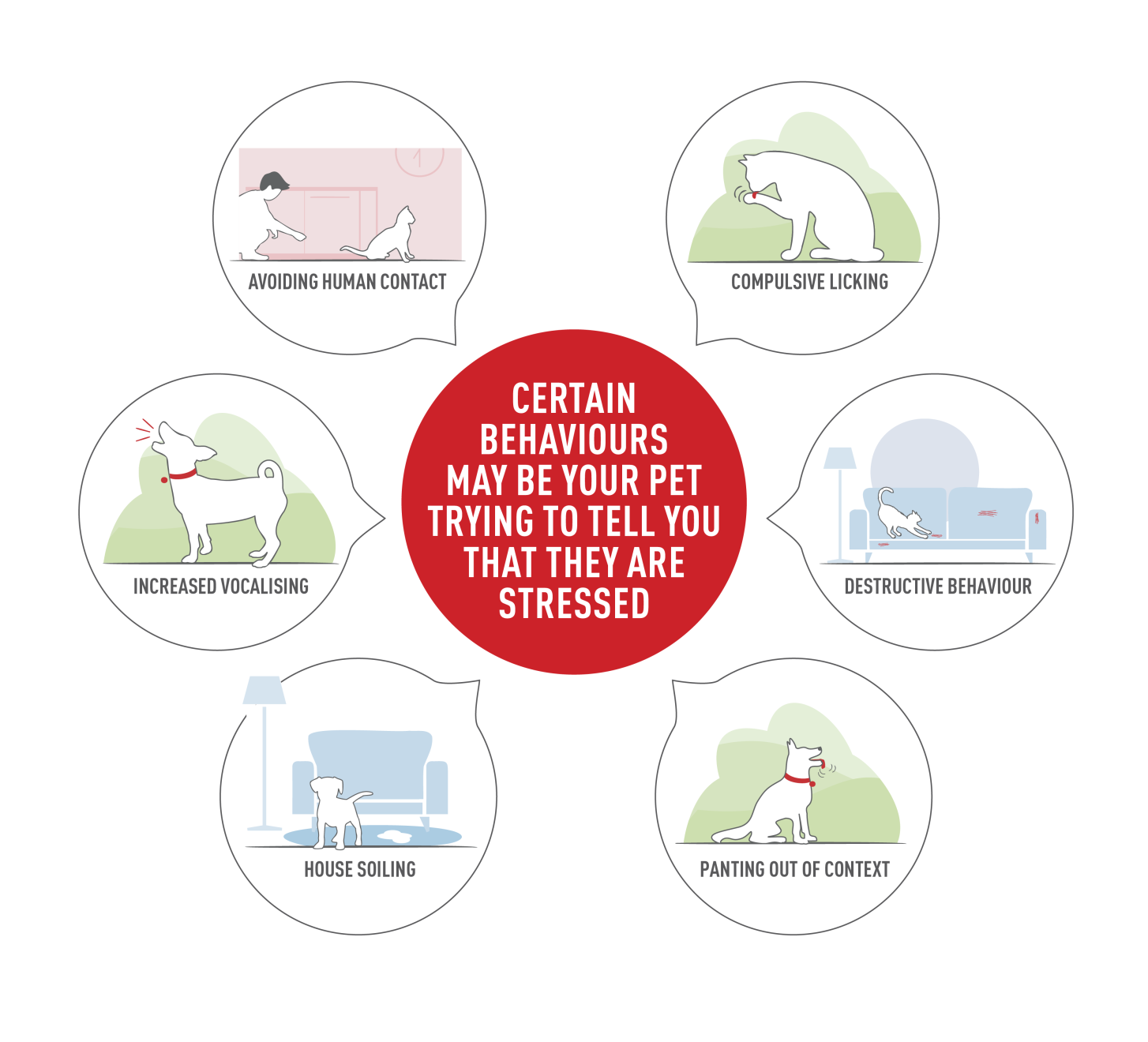
What Are The Signs Of Stress And Anxiety?
A pet's emotional discomfort might not be obvious, the signs include:
- Dilated pupils
- Vomiting diarrhoea
- Salivation, lip-licking and swallowing
- Panting
- Shivering
- Elimination of urine and faeces
- Hyporexia
- Anorexia
What Is Anxiety?
Anxiety may be defined as generalised feelings of unease, apprehension and/or nervousness regarding an imminent event, uncertain outcome, or an anticipated threat.
Due to previous learned experiences, pets appear to anticipate or predict unpleasant situations, events, or outcomes. Anxiety may occur only in specific situations (e.g. a visit to the vet) or it may be generalised.
What Is Stress?
Stress increases activity in the nervous system and causes the secretion of certain hormones, such as adrenaline and cortisol. The corresponding reactions such as muscle tension, increased heart rate, improved vision etc. allow the animal to better adapt to a stressful situation. However, these reactions can also have unpleasant consequences such as excessive salivation and diarrhoea.
While stress can be positive, it can be less helpful when it is out of context or lasts for a long time; the animal’s ability to adapt essentially becomes exhausted
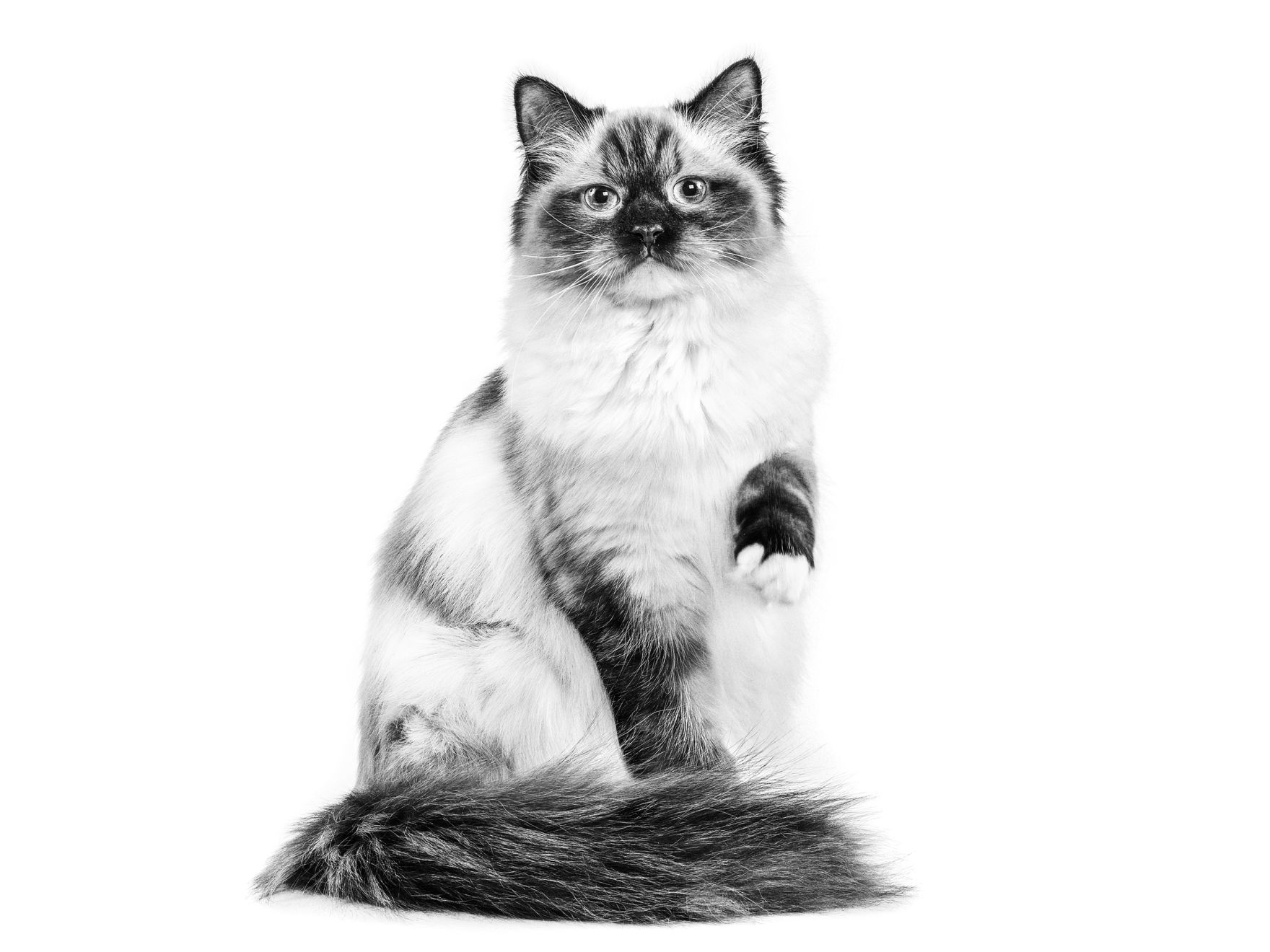
Cats
- Allow your cat to have their own individual space or retreat
- Ensure there are elevated perches for your cat to observe from (like a strategically cleared book shelf near a window)
- Help stimulate your cat's senses (including smell) during playtime
- Ensure resources such as food, water, litter and beds are not shared and are in separate rooms - water should be at least 0.5m away from food
- Try to introduce unavoidable changes gradually, using behavioural and nutritional support
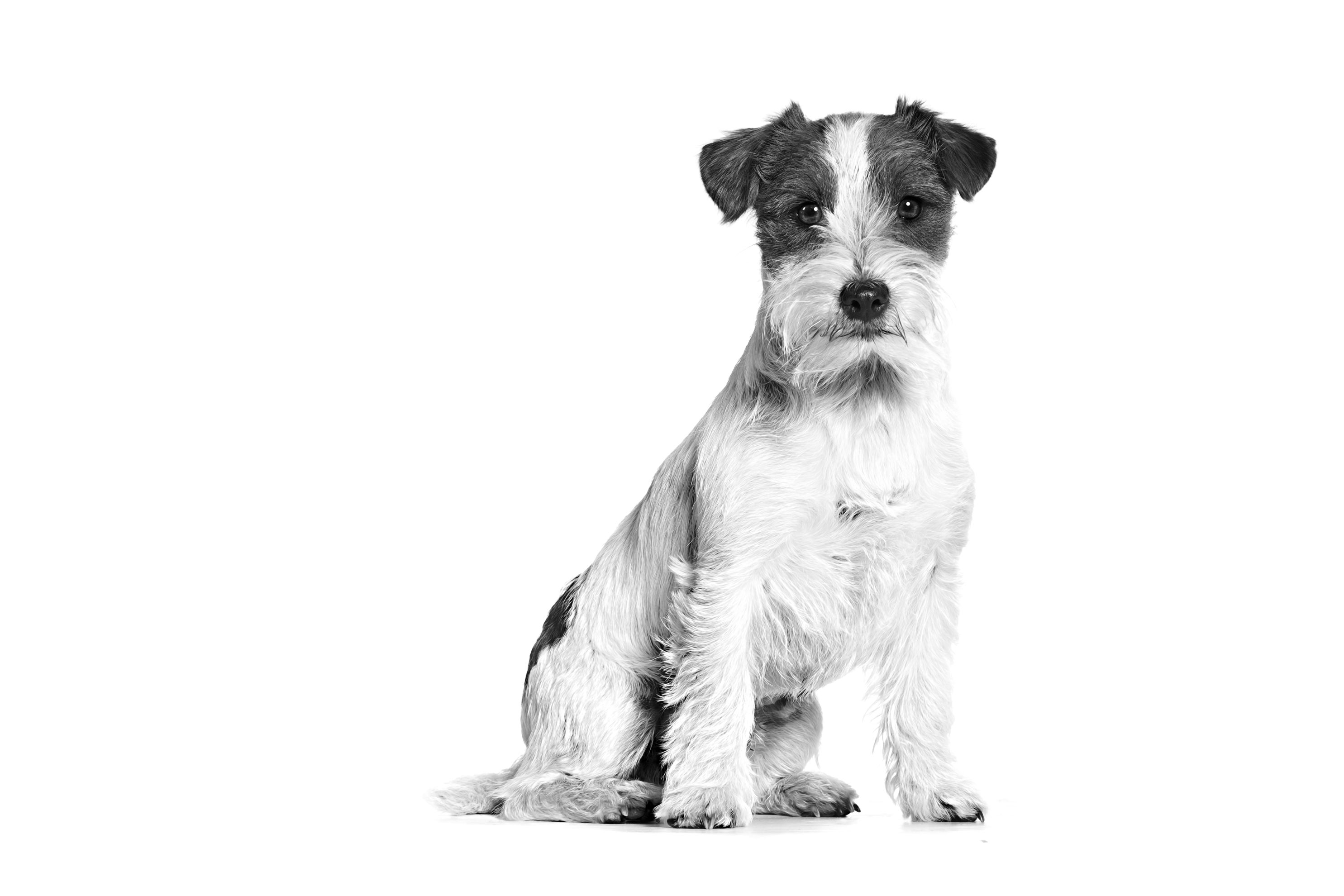
Dogs
- Allow your dog to have their own individual space or retreat
- Help stimulate your dog's sense of smell through scent work i.e. enrichment toys such as snuffle mats
- Ensure interactions are mutual and consensual (some dogs don't like pats, especially from unfamiliar people)
- Ensure resources such as food, water, litter and beds are not shared and are in separate rooms
- Try to introduce unavoidable changes gradually, using behavioural and nutritional support